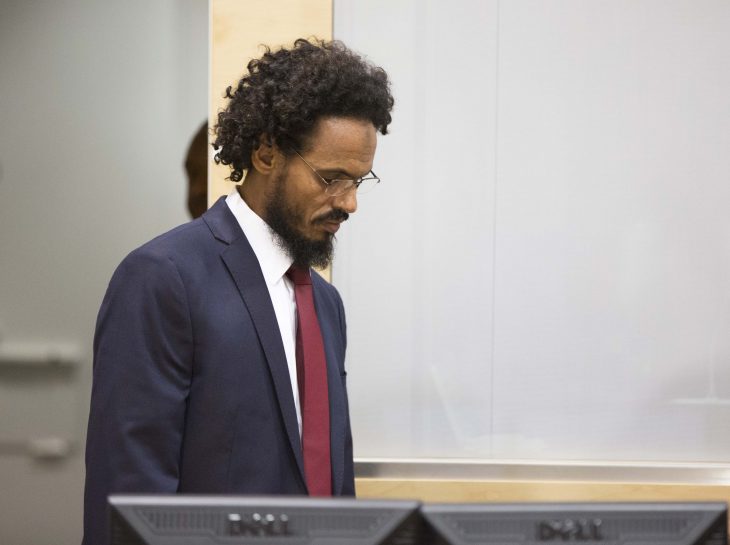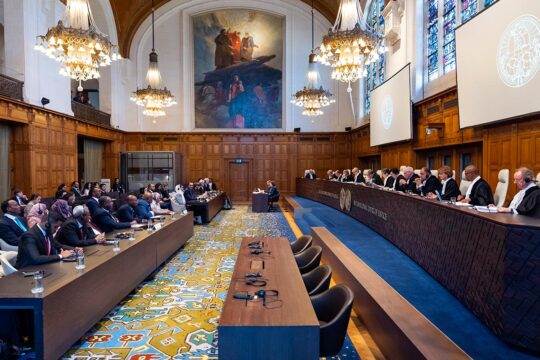Prosecutors at the International Criminal Court on Tuesday accused a Malian jihadist of war crimes for "a callous" 2012 attack on the centuries-old world heritage site of Timbuktu.
"We must stand up to the destruction and defacing of our common heritage," chief ICC prosecutor Fatou Bensouda as she unveiled a single war crimes charge against Ahmad al-Faqi al-Mahdi.
"Humanity's collective consciousness was shocked by the destruction of these sights. Such an attack must not go unpunished," she insisted at the tribunal in The Hague.
Faqi is the first jihadist to appear before the tribunal in The Hague, and the first person to face a main war crimes charge for an attack on a global historic and cultural monument.
ICC prosecutors say Faqi was a leader of Ansar Dine, a mainly Tuareg group, which held sway over Mali's northern desert together with Al-Qaeda in the Islamic Maghreb (AQIM) and a third local group from early 2012 until being routed in a French-led intervention in January 2013.
A member of an Islamic court set up by the jihadists to enforce strict sharia law, Faqi is said to have jointly ordered or carried out the destruction of nine mausoleums and Timbuktu's fabled Sidi Yahia mosque between June 30, and July 10 2012.
Dressed in a simple collarless white shirt and his mass of curly black hair held back by headphones, Faqi listened intently as Bensouda accused him and his co-perpetrators of showing "their contempt" for the earthen shrines dating back to the 15th and 16th centuries.
Destruction of cultural and religious heritage is clearly set out in the ICC's guiding Rome Statue as a war crime, Bensouda said.
Prosecutors at the world's only permanent war crimes court are seeking to persuade the three judges that there is enough evidence against Faqi to proceed to a trial.
"Let us be clear. What is at stake here is not just walls and stones. The destroyed mausoleums were important from a religious point of view, from a historical point of view and from an identity point of view," said Bensouda.
The charge against Faqi "goes further than just the destruction of religious and historical buildings" but aims to punish "an assault on the entire population and their cultural identity."
Such attacks "fall into the category of crimes that destroy the roots of an entire people," Bensouda insisted.
Faqi is the first person appearing at the ICC on charges arising out of the violence which rocked the western African nation of Mali, where stretches of the remote north still remain out of government control.






